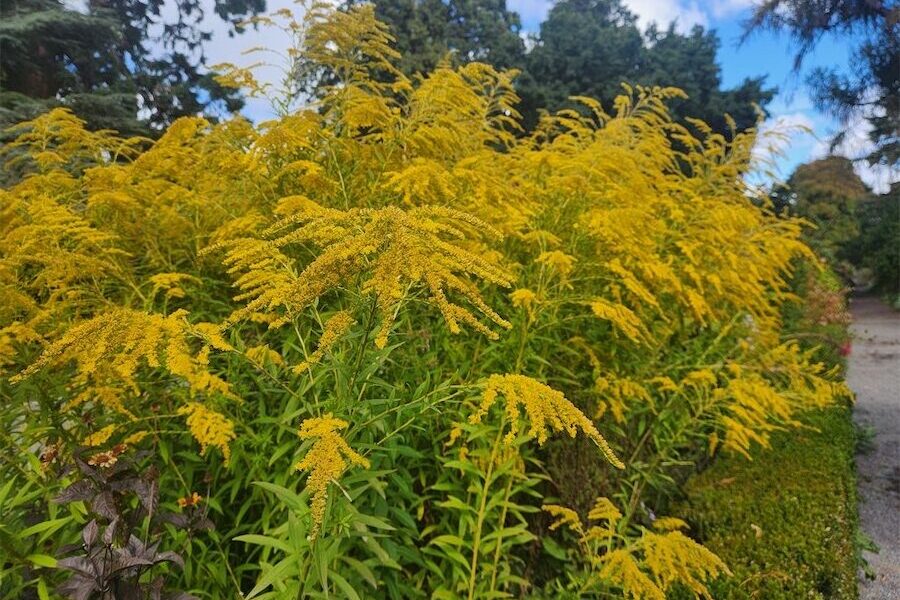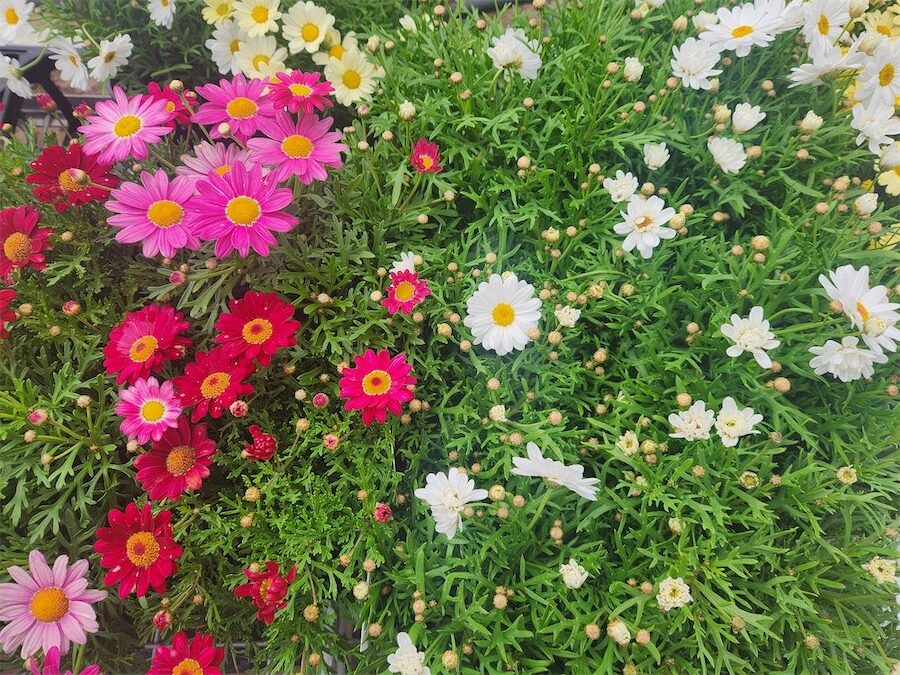THE National Arboretum is “gearing up for a busy couple of years”, according to curator Adam Burgess, who says that “Canberra’s gift to Canberra” will be officially presented to the public for the centenary in 2013.
Having planted the very first tree, a eucalyptus benthamii, at the Arboretum back in 2005, Adam says it’s “amazing” to be involved in this long-reaching project from the very beginning.
“Most arboretums are 100 years old, and I’m always in awe of them,” he says. “I find myself thinking about how they were planted, what the arboretum would have been like at the start. And here I am at the beginning of this incredible project.”
The National Arboretum, a 250-hectare site in the Greenhills Forest area west of the Tuggeranong Parkway, was created after the area was burned out in the 2003 bushfires, says Adam. It included the existing Himalayan cedar forest and an 80-year-old cork oak plantation.
“It took us a long time to decide what to plant – Canberra’s already a living arboretum,” he says.
“The challenge was to be different, and we’ve achieved this by planting only rare or endangered trees, including Wollemi pines, dragon trees and monkey puzzles.”
Project manager Alan Franklin says the topography of the site is beautiful. “There is so much seasonal variation between the trees; it’s a patchwork of colour and texture across the whole site,” he says.
“After the centenary we plan to ramp up the scientific, educational side of the site, and encourage community enjoyment.”
The “100 Forests, 100 Gardens” design is well underway, says Adam, and he estimates that around 80 forests have been planted so far.
“It’s been frustrating at times, when plantings are unsuccessful and, of course, when the dragon trees were stolen, but it’s a learning curve and we’re working it out as we go along,” he says.
“As our trees are so rare, there’s nowhere to get advice on how they should be looked after.”
But it’s not just about trees, says Adam – there will also be a sculptural visitors’ centre, a grassed amphitheatre, a “reflective pavilion”, and the spectacular Central Valley ceremonial gardens.
“This whole place will be a playground; an experience.
“The next two years are going to be crazy, but I love being a part of it.
“We’re planting today for future generations to enjoy.”
Who can be trusted?
In a world of spin and confusion, there’s never been a more important time to support independent journalism in Canberra.
If you trust our work online and want to enforce the power of independent voices, I invite you to make a small contribution.
Every dollar of support is invested back into our journalism to help keep citynews.com.au strong and free.
Thank you,
Ian Meikle, editor








Leave a Reply